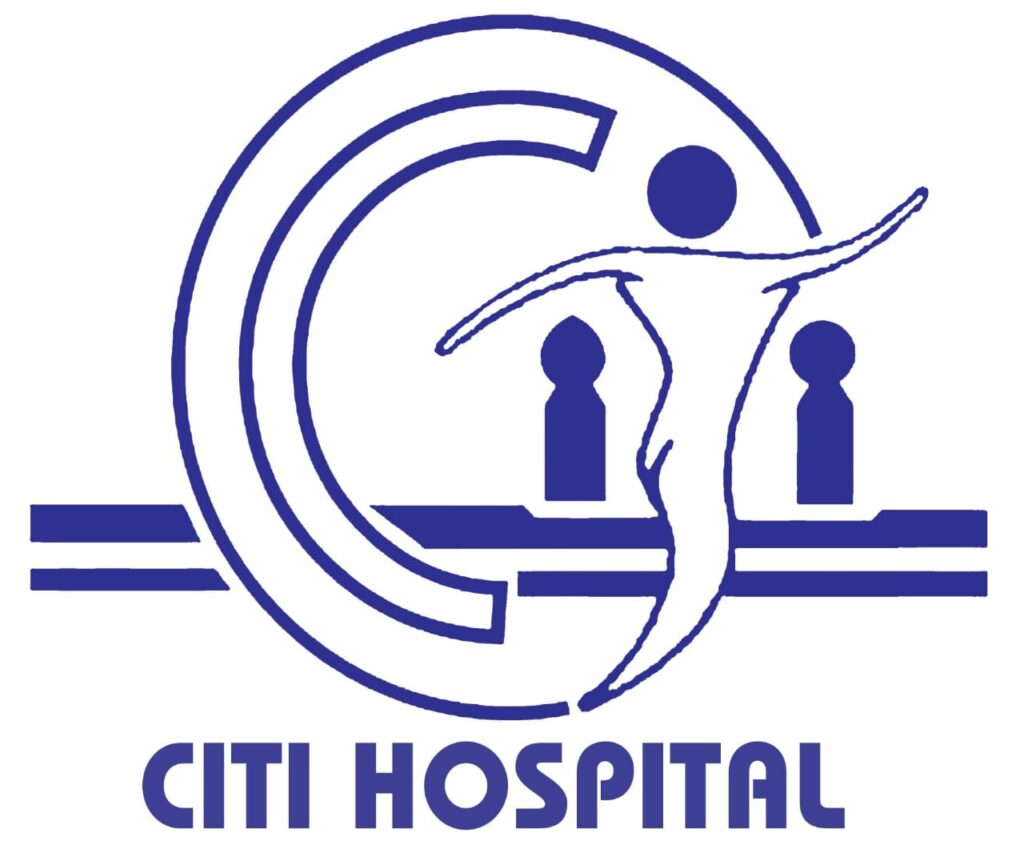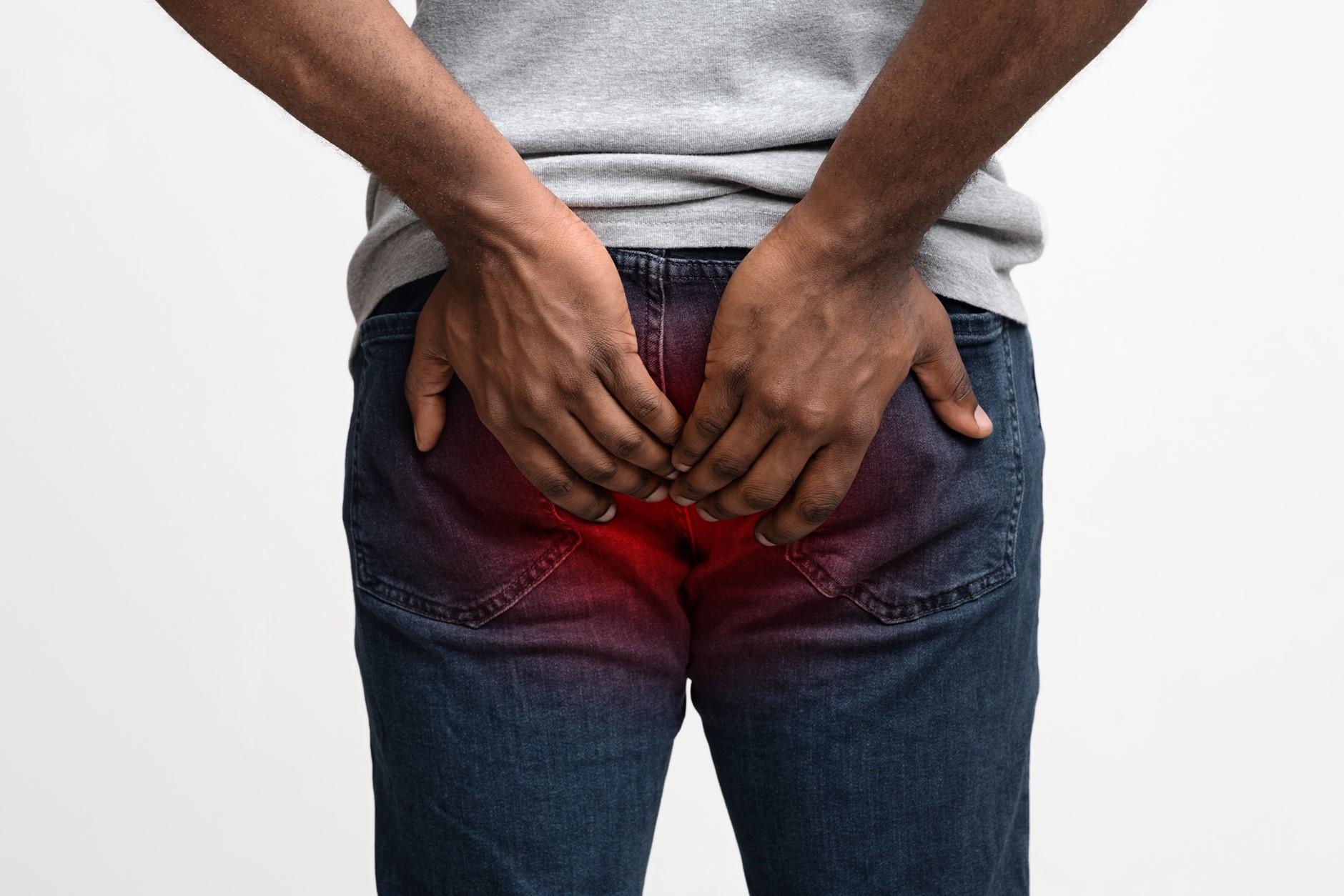Introduction
Rectal prolapse happens when the last part of the large intestine, called the rectum, slips out through the anus. This condition can cause discomfort and embarrassment. Although it is not life-threatening, rectal prolapse can affect daily life. Early treatment often leads to better results. People of all ages can get rectal prolapse, but it is more common in older adults and women. Knowing the signs and causes helps you seek help sooner.
Symptoms
Recognizing rectal prolapse early is important. Often, symptoms start mild but can get worse over time. Common signs include:A lump or bulge coming out of the anus, especially after a bowel movementFeeling like you have not finished passing stoolLeakage of stool or mucusBleeding from the rectumItching or irritation around the anus
Sometimes, the bulge may go back inside on its own. However, in other cases, it may stay out and cause pain. If you notice these symptoms, it is wise to talk to a doctor soon.
Causes and Risk Factors
Several factors can lead to rectal prolapse. Most often, it happens when the muscles and tissues that support the rectum become weak. This weakness can result from:Chronic constipation or straining during bowel movementsLong-term diarrheaPrevious injury or surgery in the pelvic areaOlder age, as muscles lose strength over timePregnancy and childbirth, which can stretch pelvic musclesConditions like cystic fibrosis or nerve disorders
Additionally, women are more likely to develop rectal prolapse than men. Children with certain birth defects may also be at higher risk. Knowing these risk factors can help you take steps to protect your health.
Diagnosis
Doctors use several methods to diagnose rectal prolapse. First, they ask about your symptoms and medical history. Next, they perform a physical exam. During the exam, you may be asked to strain as if having a bowel movement. This helps the doctor see if the rectum slips out. Sometimes, doctors use tests such as:Colonoscopy to check the inside of the colonDefecography, an X-ray test to see how the rectum works during a bowel movementAnal manometry to measure muscle strength
These tests help rule out other problems, like hemorrhoids or tumors. Early diagnosis can lead to better treatment results.
Treatment Options
Treatment for rectal prolapse depends on how severe it is. For mild cases, doctors may suggest simple changes. However, more serious cases often need surgery. Common treatment options include:Lifestyle changes: Eating more fiber, drinking water, and avoiding strainingMedications: Laxatives or stool softeners to ease bowel movementsPhysical therapy: Exercises to strengthen pelvic musclesSurgery: Repairing or removing the weak part of the rectum
Most people recover well after surgery. Still, it is important to follow your doctor’s advice for the best results. According to the CDC and peer-reviewed studies, surgery is often the most effective long-term solution for severe cases.
Lifestyle Guidance
Making healthy choices can help manage rectal prolapse and prevent it from getting worse. Here are some helpful tips:Eat a diet rich in fruits, vegetables, and whole grainsDrink plenty of water every dayExercise regularly to keep your muscles strongAvoid straining during bowel movementsUse the bathroom as soon as you feel the urge
Additionally, practicing good bathroom habits can lower your risk of problems. If you have trouble with constipation, talk to your doctor about safe solutions.
Prevention
While not all cases of rectal prolapse can be prevented, you can lower your risk by:Maintaining a healthy weightStaying active and doing pelvic floor exercisesManaging chronic coughs or lung problemsSeeking help for constipation or diarrhea early
Because prevention is easier than treatment, these steps can make a big difference in your health.
When to See a Doctor
If you notice a bulge from your anus or have trouble controlling your bowels, see a doctor right away. Early care can prevent complications. Also, if you have bleeding, pain, or changes in bowel habits, do not wait. Your doctor can help you find the best treatment for your needs.
For personalized guidance on rectal prolapse, consult a specialist today.


